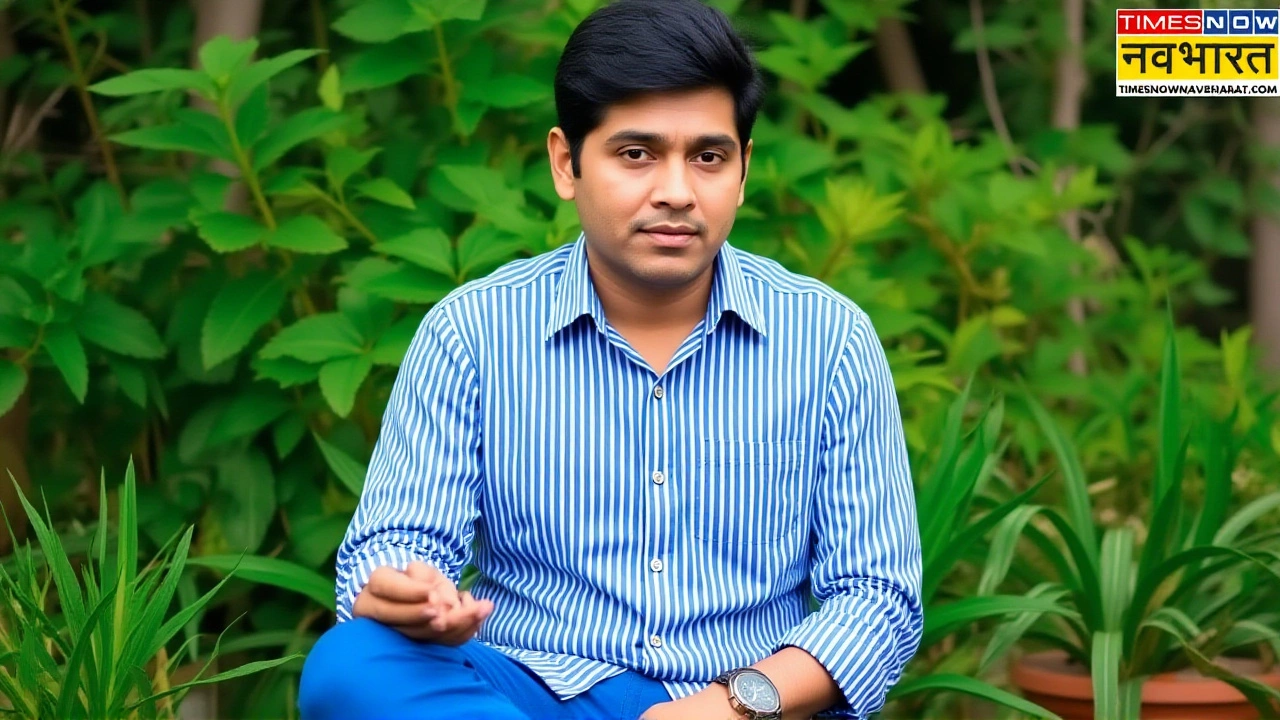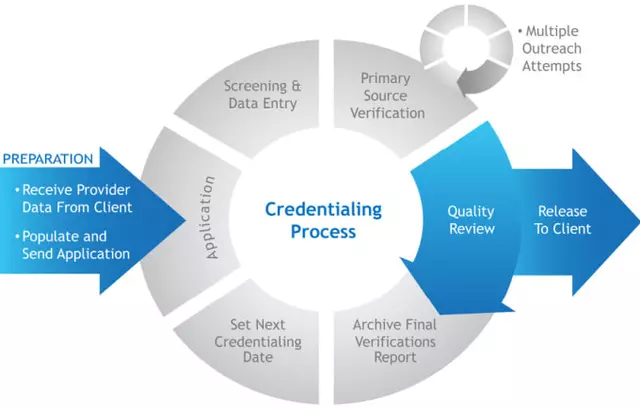Mental Health Tips for Job Seekers
Looking for a job can feel like a marathon that never ends. You scroll through listings, send out dozens of resumes, and wait anxiously for replies—all while worries about bills and future plans swirl in your mind. The good news? Small, consistent habits can keep your stress in check and help you stay sharp throughout the hunt.
Build a Daily Routine That Works for You
Start each day with a simple structure. Wake up, stretch, and set a short, realistic goal—like polishing one cover letter or researching three companies. A predictable schedule signals to your brain that you’re in control, which lowers anxiety. Remember to schedule breaks: a quick walk, a cup of tea, or a few minutes of deep breathing can reset your focus and stop burnout before it starts.
Deal With Rejection Without Losing Confidence
Rejection is part of the process, but it doesn’t define your worth. When you get a ‘no’, write down one thing you learned—maybe you need to tweak your résumé wording or highlight a different skill. Turn the setback into a learning point, then move on to the next opportunity. Keeping a small success log (e.g., “got an interview call”, “completed a skill test”) helps remind you that progress is happening, even if it’s not always obvious.
Social support matters, too. Share your job‑search journey with a friend or join an online community of job seekers. Talking about your challenges lets you vent and often brings fresh ideas—someone might point out a job board you haven’t tried or suggest a networking angle you missed.
Physical health is tightly linked to mental health. Try to get at least 30 minutes of movement most days, whether it’s a brisk walk, yoga, or dancing in your living room. Exercise releases endorphins, which naturally lift mood and improve concentration for those long application sessions.
Lastly, set boundaries with technology. Limit screen time after a certain hour, especially before bedtime. Constantly checking email or job alerts can keep your brain in a state of alert, making it harder to relax and sleep well. A good night’s sleep sharpens your interview performance and keeps your mind clear for problem‑solving.
In short, protect your mental health by creating a routine, learning from rejection, staying connected, moving your body, and unplugging when needed. These habits are easy to start and can make a big difference in how you feel during the job hunt. Keep them in mind, and you’ll find yourself moving forward with more energy and confidence.
Aasif Sheikh Opens Up on Firoz Khan’s Tragic Death and Mental Struggles
Aasif Sheikh reveals co‑star Firoz Khan’s mental struggles and missed call before his May 23, 2024 death, sparking talk on TV actors' mental health.





